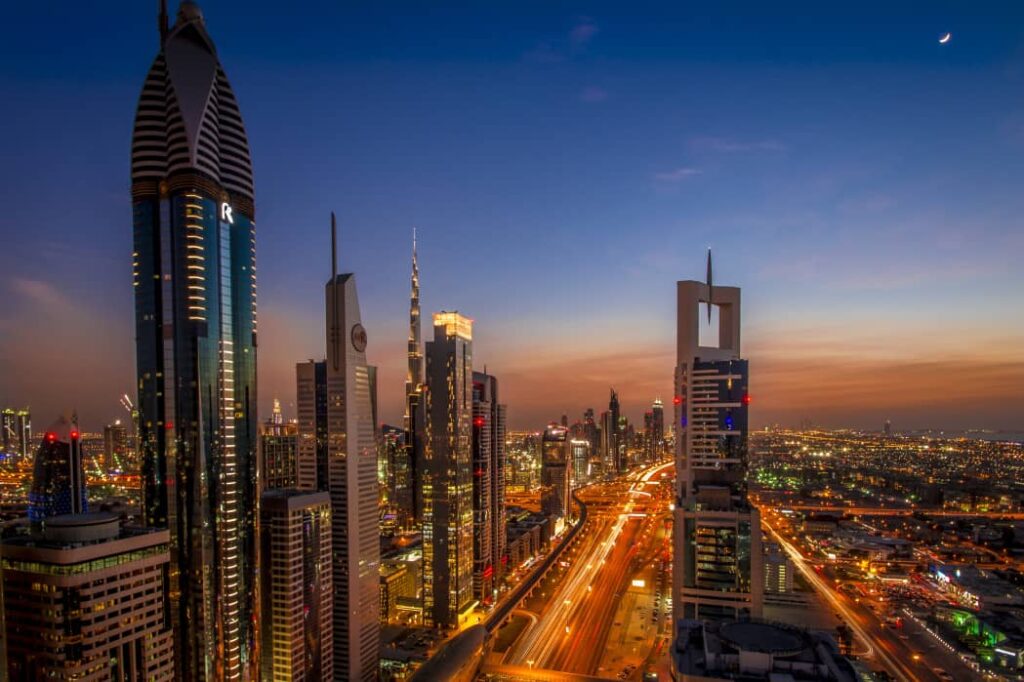UAE- More UAE residents are now moving to short-term rental agreements as work-from-home becomes the standards, experts have seen. The trend is now regularly depending on living in an upgraded apartment, spending monthly rent, and booking stays for about 3 to 6 months.
Recently, with various professionals living more at home and with travel plans shelved for unknown periods, residents are also giving more attention to the kind of amenities they get in their living space. Many holiday homes are mixing in business and leisure, Bigger spaces, luxurious functionalities, extra room for workcations, and even recreational add-ons tempt people to go for a much-provided change of scenery.
Dubai resident Diana Ostrova, for example, has opted to move into a penthouse. “Working from home is likely to continue for us this year. But I was finding this longer and harder. In this context, vacations seemed like an indulgence. But given the spike in depression, a short break was more important than ever before. While travel is still not on my mind, I opted to rent a penthouse here itself to work and enjoy the facilities that come with it.”
Rami Shamaa, co-founder and managing director of Maison Privee, saw that tenants nowadays are seeking bigger apartments and villas.
“A lot of people do not want to enter into annual leases due to job uncertainties. Instead, they prefer moving into upgraded fully-serviced apartments mainly around Downtown and Dubai Marina areas. They enter into short-term contracts and pay on a monthly basis. On average, our clients look at a minimum period of three to six months,” Shamaa said.
This arrangement, he said, provides residents with adequate flexibility. “In fact, we have seen a significant part of our customer base extending their stay. As a result, we are witnessing an occupancy rate of 80 percent at the moment, mainly from UAE residents.
“Additionally, many tourists coming from abroad also prefer living in properties with private facilities rather than hotels, as they are apprehensive of sharing common facilities like pools and common areas. However, the number of tourists remains relatively low as compared to previous years.”
Families likewise have new boxes to tick as they continued looking for an ideal home. Is the unit large enough for the whole family, with kids concentrating in one corner and virtual gatherings going on left and right?
“I was okay with the idea of remote working for the first few months,” said Mihir Patel, a resident of Dubai. “Initially, it felt like a good break. But after a point, it just got a little difficult to handle.
“My wife was also working from home, and my daughter was schooling online. All of us in a single apartment was getting increasingly difficult. Therefore, we opted for a holiday home, an apartment which is bigger than ours but without having to worry about paying them a long-term rent.”
The level accompanies all the offices that permit them to work easily on non-weekend days, and the conveniences that make loosening up simple on ends of the week, he added.
Openness, digital availability, and bigger spaces are allegedly three fundamental factors that individuals consider in signing up for short-term leases. Some favor completely outfitted units, as well.
Vinayak Mahtani, CEO of bnbme holiday homes, said: “We have noticed that in the past few months, 40 percent of our bookings have been for bigger and larger accommodations…We are focusing more on the capacity of bringing a larger space along with home offices and recreational elements for renting.”
He added: “Workcations are likely to be in demand throughout the year. The nature of the demand might be different but a workstation is here to stay.”
